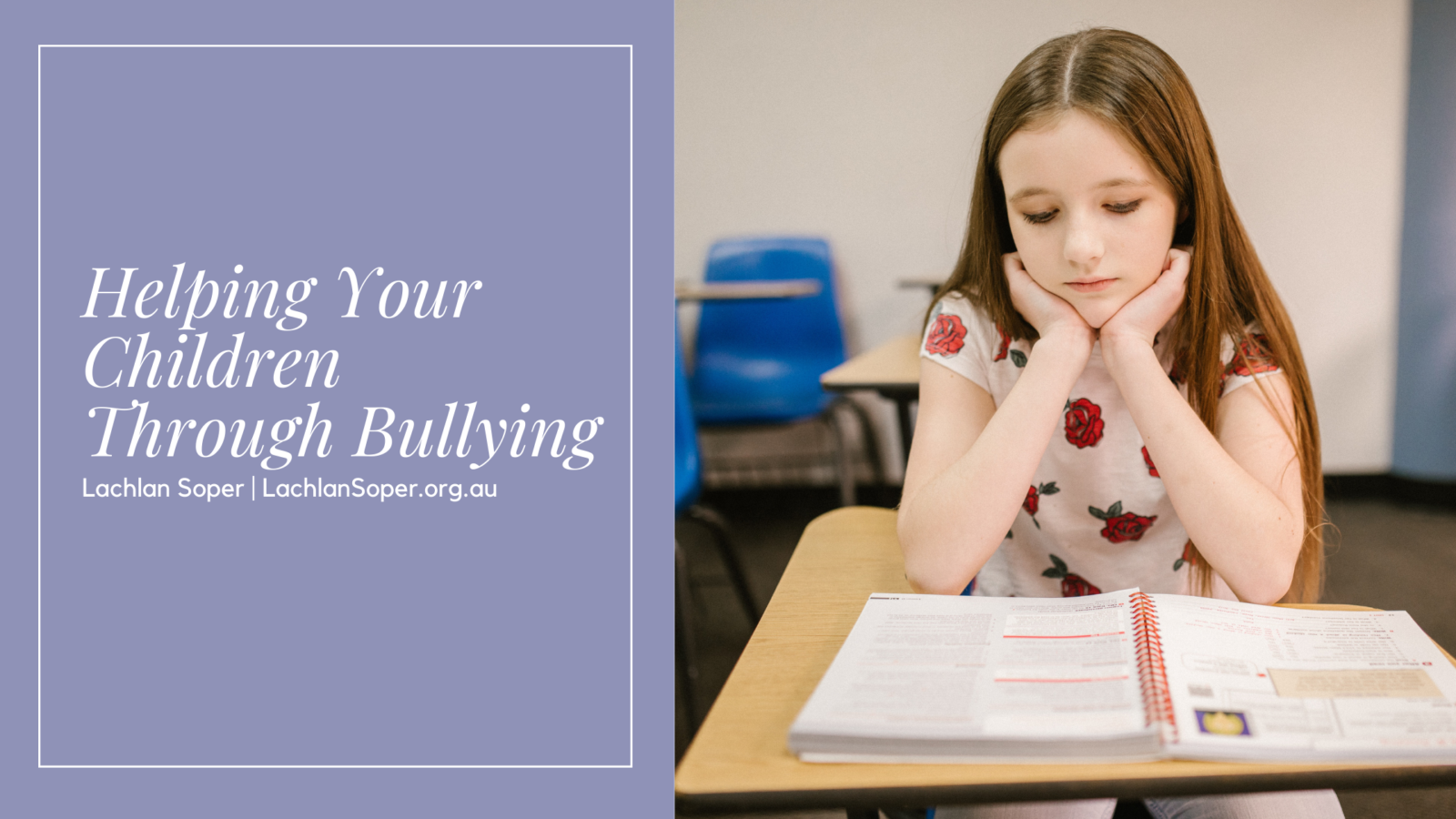As a parent, we want to protect our children from anything we can. Because we can’t be every place they go, it’s impossible to ensure they never get hurt. If something does happen when they’re not in our care, we often do anything to heal the pain they suffered. But what if it’s something that has not physically happened? What if they’re suffering on the inside?
When a child is being bullied, oftentimes parents are unaware that it is even happening. Many children will not admit to their parents when they are being bullied will suffer in silence. However, parents don’t have to be at a total loss. Here’s are some signs to look out for to see if your child is being bullied.
The Warning Signs
To see if your child is displaying the warning signs of bullying, it’s important to understand the different types of bullying that exist. Some of the types of bullying that exist are physical, verbal, emotional, sexual, racism, cyberbullying, and hazing. Each form can have an emotional and psychological effect that can follow children into adulthood.
Some of the warning signs are easier to notice while others take a keen observation. A few of the telltale signs are if your child is coming home with torn, damaged, or missing pieces of clothing, books, or other belongings. Also, look out for any unexplained injuries such as cuts, bruises, or scratches. Children being bullied often don’t have any or many friends, seem afraid to attend or has lost interest in school, or is afraid to take part in organized activities with peers, Emotional signs can be if your child is often teary, depressed, moody, or has lost self-esteem when they come home. Even trouble sleeping, frequent bad dreams and a loss of appetite can be signs of bullying. Sometimes they will not want to go to school on Mondays (or the first day of term) and will say things like they’ve got a tummy ache or a headache – look for repeated patterns.
What to Do
If you fear that your child is being bullied, it’s important to be careful about your approach. Coming on too strong can make them anxious not to tell you and more inclined to keep it to themselves. A more gentle approach is needed to make them understand that they are safe now and can talk to you about their struggles. Don’t just outright ask if they are being bullied. Instead, approach them with questions such as “I’ve heard there’s been some bullying happening in schools. Is that true?” or “Have any kids teased you in a mean way?” or “Are there any kids at school you don’t like? Why don’t you like them?” These subtle and gentle questions can coax them into opening up to you.
It’s also important to always be open with feelings and emotions at home so they can feel more comfortable expressing themselves about tough subjects such as bullying. Much of the groundwork for good communication with your kids starts early (although it’s never too late). Be available to chat to them whenever they need, and try to set aside 10-15 minutes a day quality 1-on-1 time to spend however they choose, with your undivided attention. This will make them much more comfortable talking to you about anything, especially bullying.
Encourage your child to be a ‘small target’ – bullies love to pick on people that stand out in any way. Also encourage your child to simply march to the beat of their own drum, to not care (or appear not to care) about what others think and peer pressure. I love to think of the example of Luna Lovegood in Harry Potter – if someone was bullying Luna she probably wouldn’t even know. That’s a great attitude to consider. I know it’s hard, but it’s worth reflecting on.
It’s also worthwhile explaining to your child some of the root causes of bullying. Bullies often do so because they are deeply insecure themselves. They cover this insecurity by having a tough veneer to the world and trying to make others feel worse than they do. When your child realises that the bully isn’t actually anyone special, that the bully is probably someone hurting inside more than your child, it opens up the possibility of feeling sorry for the bully, compassionate towards them, and can help remove the worry and anxiety about bullying, because they actually do not hold as much power over your child as they perceive.
This article was originally published on LachlanSoper.org.au


